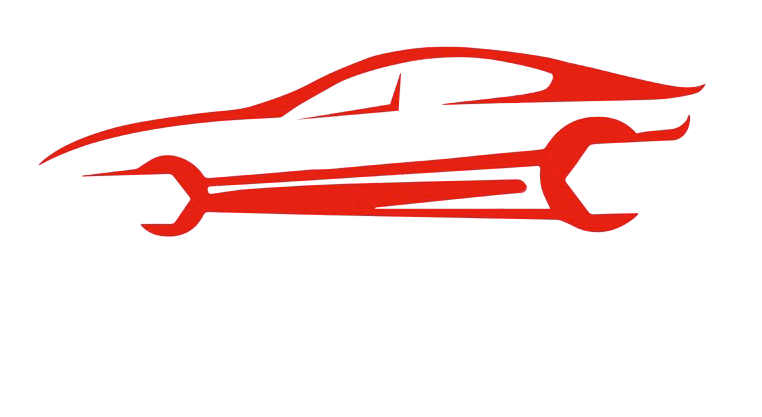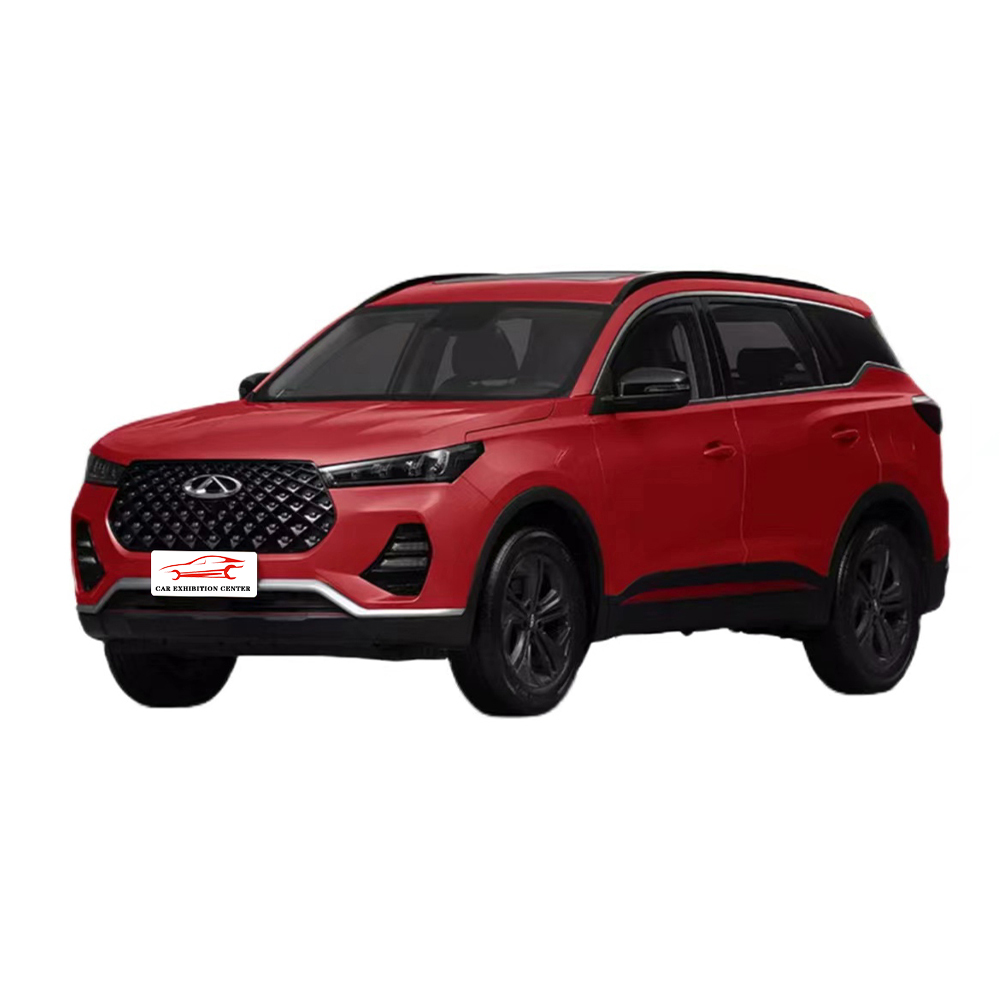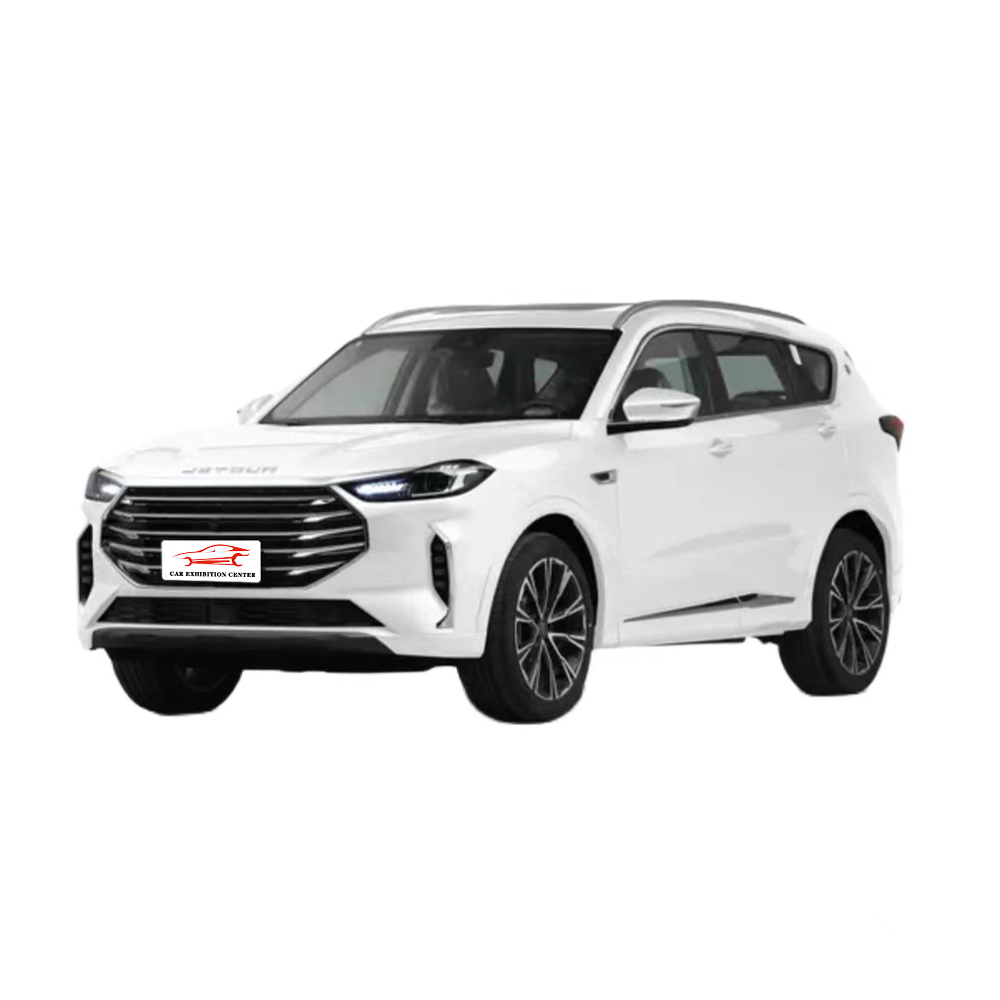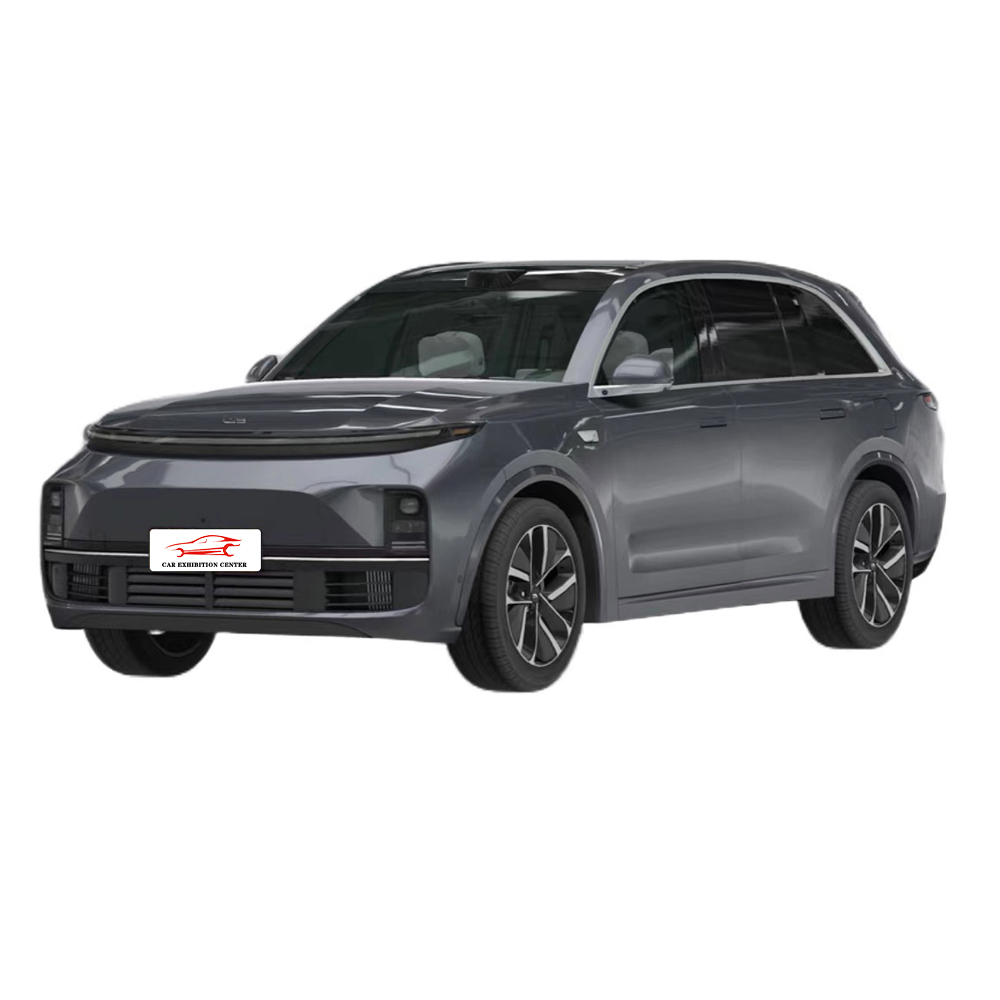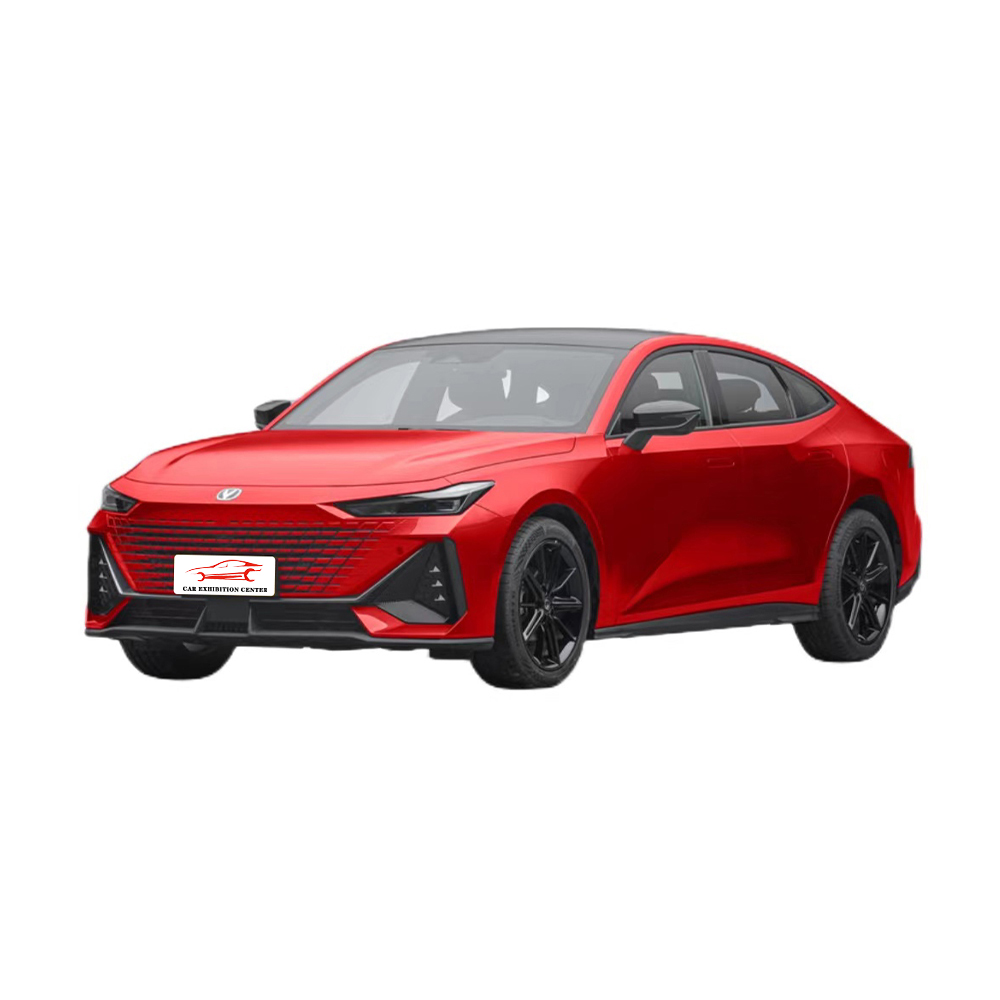Q1: What types of locks are commonly used in residential settings?
- A1: In residential settings, common types of locks include deadbolts, knob locks, and lever handle locks. Deadbolts offer robust security, while knob and lever locks provide convenience and ease of use.
Q2: How can I improve the security of my doors?
- A2: To enhance door security, consider installing high-security locks, such as smart locks or electronic locks. Reinforcing door frames and using longer screws in strike plates can also add an extra layer of protection.
Q3: What is the difference between a regular key and a smart key?
- A3: A regular key is a traditional metal key, while a smart key is an electronic key often used in smart locks. Smart keys may use RFID technology or smartphone connectivity for keyless entry.
Q4: How do I maintain and lubricate my locks?
- A4: Regularly clean locks using a mild detergent and warm water. Lubricate locks annually with graphite or silicone-based lubricants to ensure smooth operation.
Q5: Can I rekey my locks without professional help?
- A5: While some locks offer rekeying kits, it's generally recommended to seek professional assistance for rekeying to ensure proper functioning and security.
Q6: What should I do if I'm locked out of my home?
- A6: If locked out, first, check for alternative entry points. If unable to access your home, contact a professional locksmith for assistance. Avoid attempting to force entry, which may cause damage.
Q7: Are there eco-friendly lock options available?
- A7: Yes, some locks are made from recycled materials, and certain manufacturers focus on eco-friendly and sustainable lock production practices. Look for products with environmental certifications.
